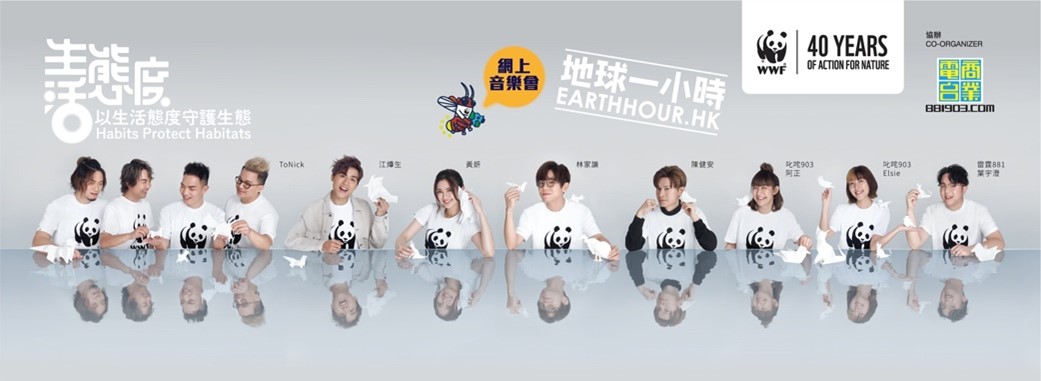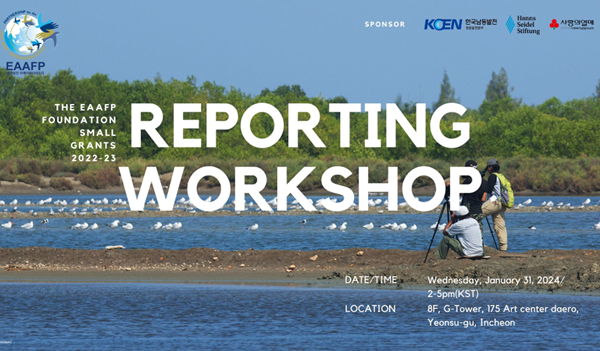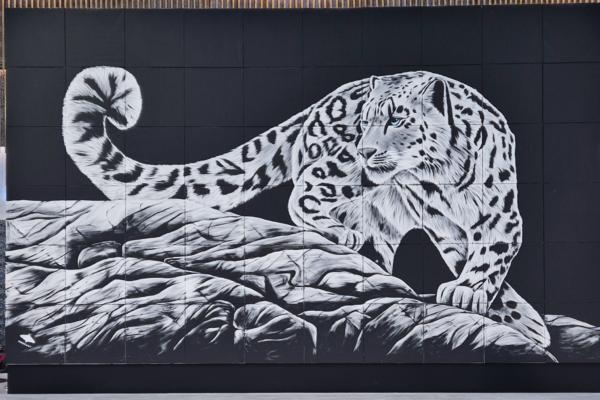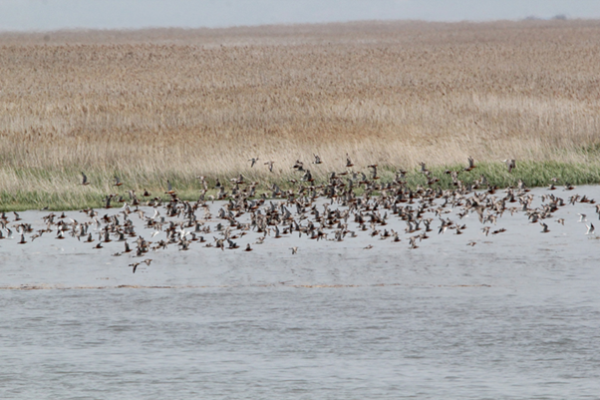In celebration of the World Migratory Bird Day on 14 May, WWF-Hong Kong hosted an online concert featuring popular Hong Kong artists to raise awareness of migratory birds and wetland conservation. This year’s focus of the World Migratory Bird Day is “Light Pollution” to address this growing threat to migratory birds. The theme is aligned with Earth Hour’s concept, each year, people across the world join hands to switch off their non-essential lights for one hour for our nature. The online concert is an extension of Hong Kong’s Earth Hour event under the theme “Habits Protect Habitats”, calling for public support to change our habits and take action now to create positive impacts on our planet.

Photo Credit: © WWF-Hong Kong
The concert started with an introduction to World Migratory Bird Day and highlighted the importance of wetland conservation. 12 celebrities performed 18 songs and participated in mini-games that related to conservation and sustainable living. The event has received a positive impact, more than 3,000 people joined and supported the concert. Besides, an Earth Hour MV “Dear future self in 10 years” was also released featuring Earth Hour ambassadors and kids, with beautiful nature scenes of Mai Po and soundbites advocating for nature conservation and changing our habits.
Meanwhile, WWF-Hong Kong has also collaborated with East Asian – Australasian Flyway Partnership (EAAFP) and launched an updated Education Pack “Lolo’s Flying Journey” about Black-faced Spoonbill. Our education team has been using this tool virtually through engaging Zoom sessions to educate Hong Kong students, despite the COVID restrictions during the past three months. These activities have received positive feedback from students and teachers. The online learning and teaching materials developed by WWF-Hong Kong can be found here.
Both Earth Hour and World Migratory Bird Day are not just about an hour or a day, it’s about committing every day to safeguard our nature and change the way we live. COVID has shown how connected our world is now but also how fragile it can be. Forests are fragmenting, rivers and streams no longer flow as they use to and wetlands are disappearing. We need to reflect on what we have done to nature and how we can fix it. There’s no time to waste and we have to act now to change our habits, even from the most simple things like “dim the lights”, together, it’s still possible to turn the tide and create a nature-positive world.
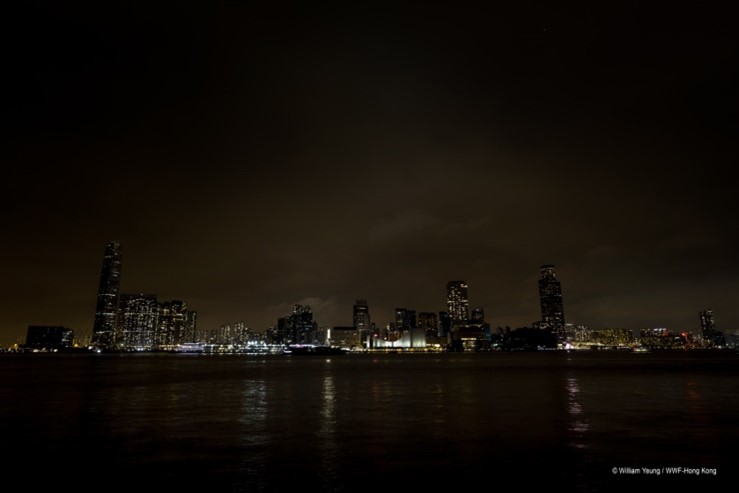
Photo Credit: © William Yeung / WWF-Hong Kong
Article prepared by Karen Zhang from WWF-Hong Kong.

